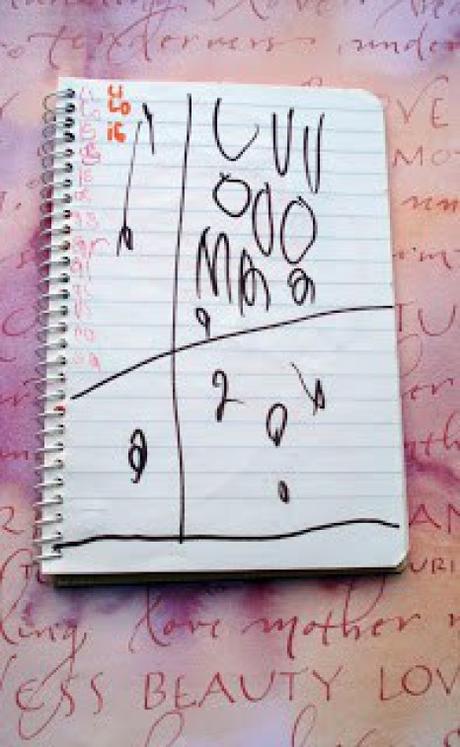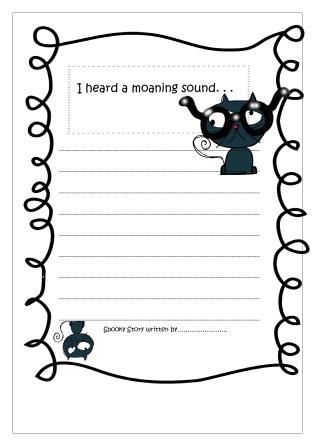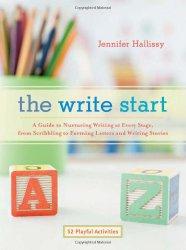 How do you raise a child who loves to write?
How do you raise a child who loves to write? Inspiring a child to write a story of her own can give her a confidence boost in her own creative skills. It can also help a child to consolidate literacy skills by putting her phonics, grammar and reading skills into practice.
During the lasts decades there have been several changes in the way literacy is taught in preschool as well as primary school. The practice to copying sentences from the blackboard has been transformed into more creative and accessible teaching methods. Yet there is often little time left to let children write creatively. There is a tendency that all writing should have a purpose.
Ideas for stories are seldom allowed to freely dance around for a while. There is often a pressure to produce something quickly.
But stories take time to develop. And the pondering and planning are important components in the writing process.
Writing stories is a great way to learn about yourself and the world, it does not matter if the story is short or long. Short stories may consist of a couple of sentences. A long stories may have chapters and illustrations, twisting plotlines, action, and endless adventures.
In school you could have a week each term where the focus is creating stories. Children will consolidate their spelling and writing skills while considering different aspects of story and who the audience might be.
A trick both to capture the attention of the readers but also to inspire you to write a story is to use a good strong opener. If the first paragraph captures the reader's attention and make them desperate to read on, it is also likely that it will make the writer desperate to continue to write.
Use alliteration to create an exciting opening. Alliteration is when the beginning sounds of words repeat.
Delia dunked the delicious donut in dairy milk chocolate.
Go straight into dialogue."I want to fly, " shouted Miranda and closed her eyes.
Create tensionDavid ran as fast as he could but the mysterious animals seemed to run even faster.
Practical TipsCollect great openings of books that you read in a book.
Use question cards to inspire story telling.
Use pictures to inspire story telling.
Use onomatopoeia to create excting openings.
Collect onomatpoeia in a book and inspire children to think about how things sound, smell, taste and feel.

From Spooky - Math, STEAM - Biomimicry, Writing Prompts
Sparking Thinkibility Book TipsI recommend this book for playful ideas to inspire your children to write. The book contains fifty-two activities, which are presented as ways to invite your child to write. Each activity offers suggestions to meet the needs of Scribblers (pre-writers), Spellers (emerging writers), Storytellers (beginner writers), and Scholars (more experienced young writers).
The Write Start: A Guide to Nurturing Writing at Every Stage, from Scribbling to Forming Letters and Writing Stories


